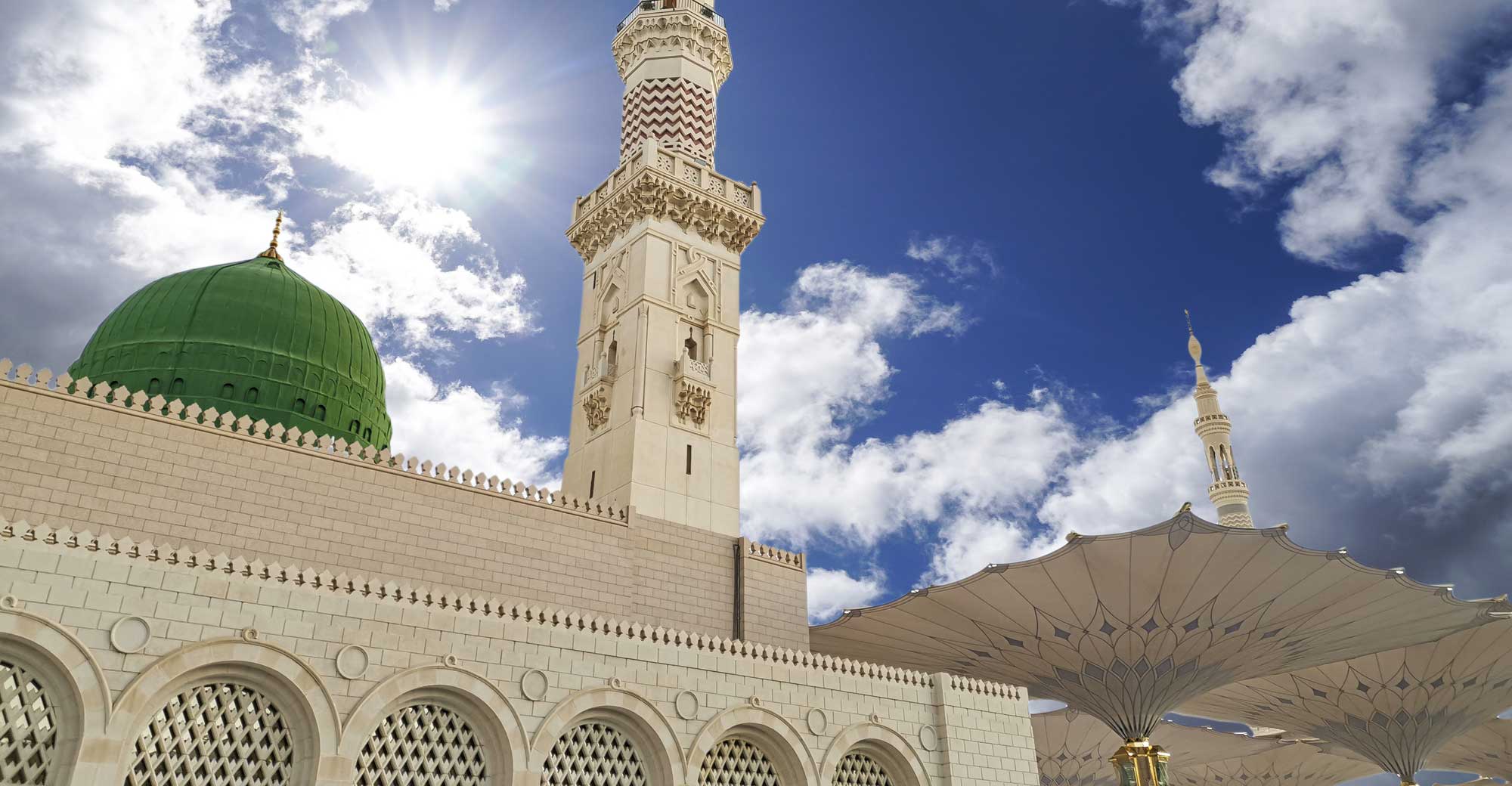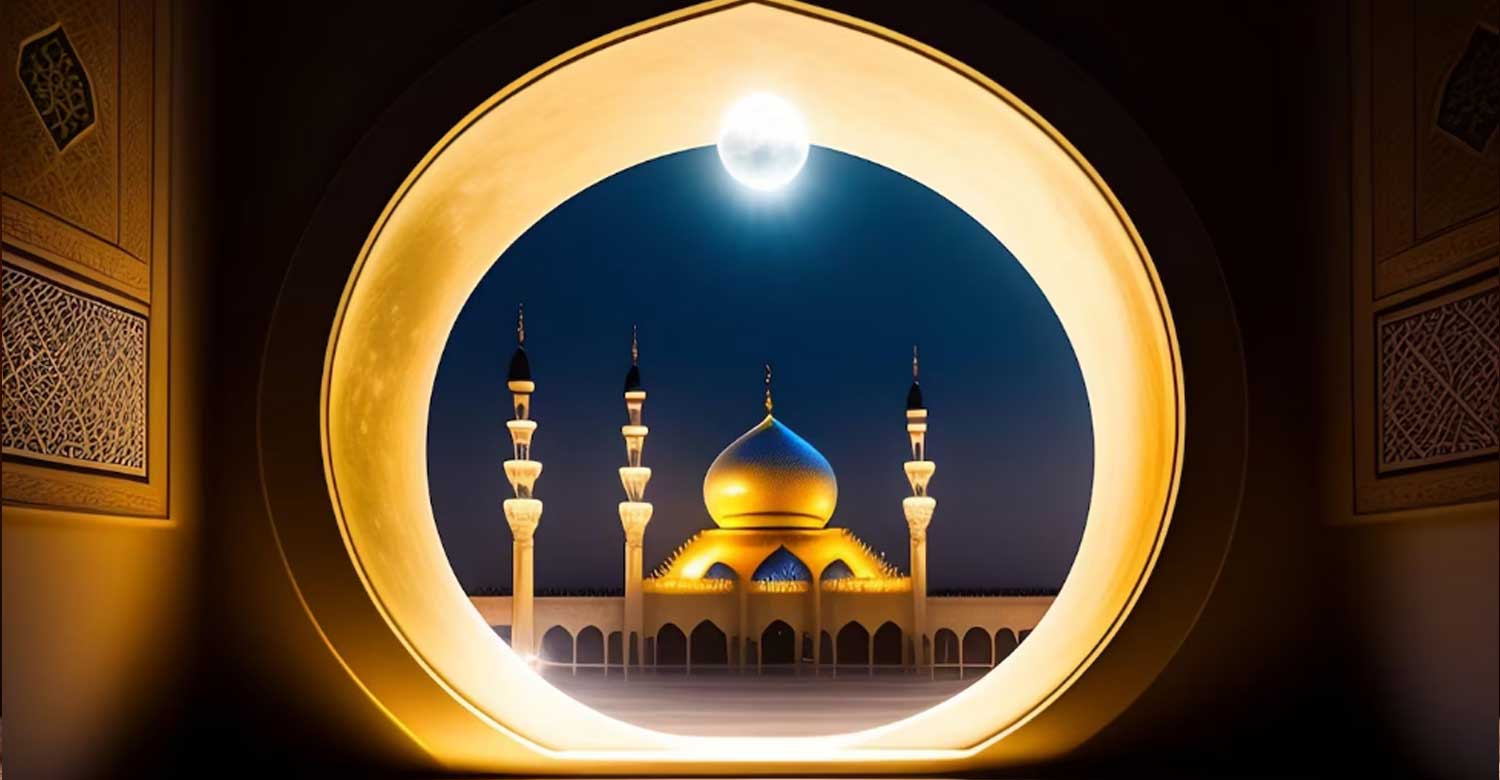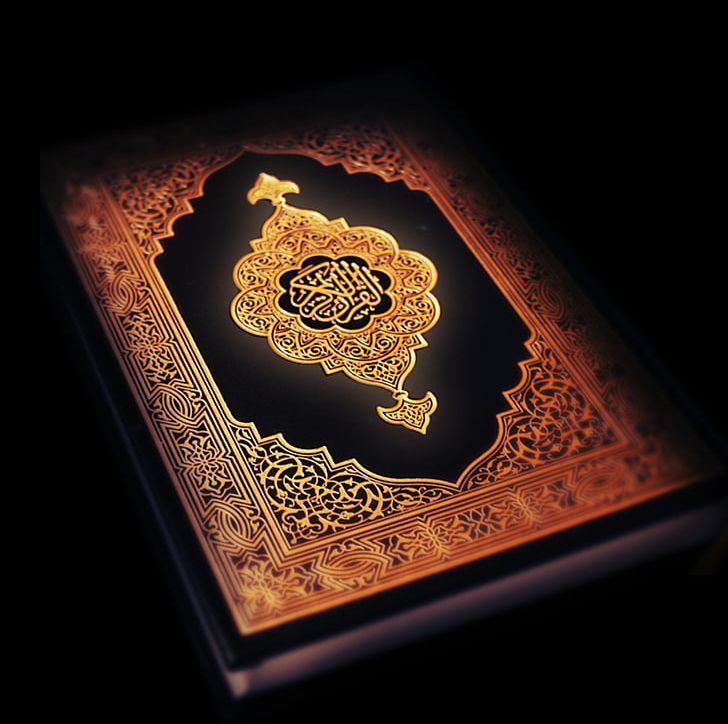What Is Rabi'Ul-Awwal?
The blessed month of Rabi’ Ul-Awwal is an important month in the Islamic Calendar as it marks the birth of the Prophet Muhammad (PBUH).
Rabi'ul-Awwal
- From Superstitions into Light
- Islamic Celebrations
- No Birthdays
- The Origins of Christmas
- Original Islamic Resources
- What is Wrong with These Celebrations
- The Transformation of Christmas
- The Religion is Complete
- Disagreement About Date
- Contemporary Seerah Meetings and Shariah
- Real Message of Seerah
From Superstitions into Light
- Rabi'ul-Awwal is the most significant month in the Islamic history, because humanity has been blessed in this month by the birth of the Holy Prophet Muhammad, Sall-Allahu alayhi wa sallam. Before the birth of the Holy Prophet, Sall- Allahu alayhi wa sallam, not only the Arabian peninsula, but also the so-called civilized nations of Rome and Persia were drowned in the darkness of ignorance, superstitions, oppression and unrest. The Holy Prophet, Sall-Allahu alayhi wa sallam, came with the eternal truth of Tawhid (Oneness of Allah), the only faith which provides a firm basis for the real concepts of knowledge, equity and peace. It was this faith which delivered humanity from ignorance and superstitions and spread the light of true knowledge all over the world.
Islamic Celebrations
-Thus the birth of the Holy Prophet, Sall-Allahu alayhi wa sallam, was the most significant and the most remarkable event in human history. Had there been room in Islamic teachings for the celebration of birthdays or anniversaries, the birthday of the Holy Prophet, Sall-Allahu alayhi wa sallam, would have undoubtedly deserved it more than the birthday of any other person. But that is against the nature of Islamic teachings. That is why, unlike Judaism, Christianity, and Hinduism, there are very few festivals in Islam, which provides for only two Eids (Eidul-fitr and Eidul-Adha) during the whole year. The dates of these two Eids do not correspond to the birthday of any of the outstanding persons of Islamic history, nor can their origin be attributed to any particular event of history that had happened in these dates.
-Both of these two Eids have been prescribed for paying gratitude to Allah on some happy events that take place every year. The first event is the completion of the fasts of Ramadan and the second event is the completion of Hajj, another form of worship regarded as one of the five pillars of Islam.
No Birthdays
- On the other hand, Islam has not prescribed any festival for the birthday of any person, however great or significant he may be. The prophets of Allah are the persons of the highest status amongst all human beings. But the Holy Prophet, Sall- Allahu alayhi wa sallam, or his noble companions never observed the birthday or anniversary of any of them. Even the birthday of the Holy Prophet, Sall- Allahu alayhi wa sallam, which was the most happy day for the whole mankind was never celebrated by the Holy Prophet, Sall-Allahu alayhi wa sallam, himself, nor by his blessed Companions.
The Origins of Christmas
-In fact, commemorating the birth of a distinguished person has never been prescribed by any religion attributing itself to divine revelation. It was originally a custom prevalent in pagan communities only. Even Christmas, the famous Christian feast commemorating the birth of Jesus Christ finds no mention in the Bible or in the early Christian writings. It was only in the 4th century after the ascension of Jesus Christ that Christmas was recognized as a regular Christian feast. To quote the Collier's Encyclopedia:
-"It is impossible to determine the exact date of the birth of Christ, either from the evidence of the gospels, or from any sound tradition. During the first three centuries of the Christian era there was considerable opposition in the Church to the pagan custom of celebrating birthdays, although there is some indication that a purely religious commemoration of the birth of Christ was included in the feast of Epiphany. Clement of Alexandria mentions the existence of the feast in Egypt about the year A.D. 200 and we have some evidence that it was observed on various dates in scattered areas. After the triumph of Constantine, the Church at Rome assigned December 25 as the date for the celebration of the feast, possibly about A.D. 320 or 353. By the end of the fourth century the whole Christian world was celebrating Christmas on that day, with the exception of the Eastern Churches, where it was celebrated on January 6. The choice of December 25 was probably influenced by the fact that on this day the Romans celebrated the Mithraic feast of the Sun-god, and that the Saturnalia also came at this time." (Collier's Encyclopedia 1984 ed, v. 6, p. 403).





